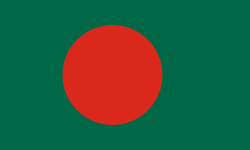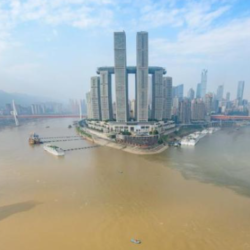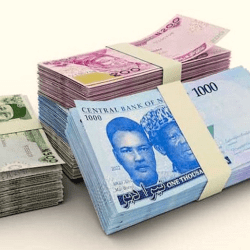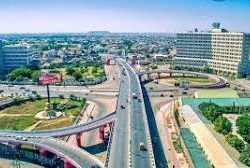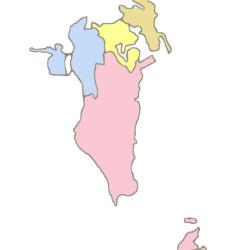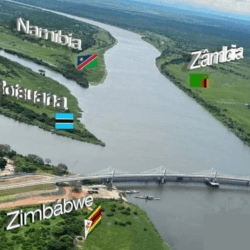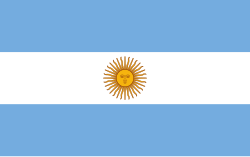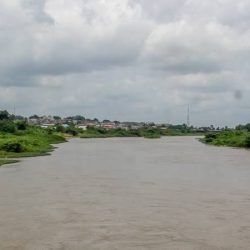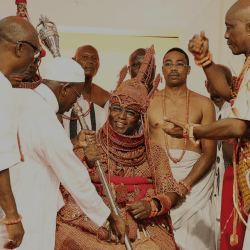The true origin and meaning of the name Bahrain. How this Arabic term meaning “two seas” evolved from ancient geography, linguistic traditions, and natural wonders that define the island nation’s identity.
The Enigma Behind Bahrain’s Name
The Kingdom of Bahrain, a small yet historically rich island nation in the Arabian Gulf, carries a name that has intrigued linguists, historians, and travelers for centuries. The word Bahrain (البحرين) translates literally to “the two seas”, a phrase that evokes the country’s maritime character and mysterious origins. But what are these “two seas,” and why has the name endured through countless cultural and geographical transformations?
To understand the meaning of Bahrain, we must journey into the depths of the Arabic language, the geography of Eastern Arabia, and the fascinating legends that surround this island’s past.
The Linguistic Roots of the Word “Bahrain”
The Arabic Word “Bahr” and Its Dual Form
In Arabic, the word “bahr” (بحر) simply means “sea.” When placed in its dual form, it becomes “bahrayn” (بحرين) — literally translating to “two seas.” Arabic grammar often uses the dual form to refer to pairs, but in this case, Bahrain evolved beyond a simple grammatical rule to become a proper noun, representing a distinct geographical identity.
Why “Bahrain” Doesn’t Follow the Normal Dual Rules
Unlike typical dual words in Arabic that change form based on grammatical case endings, Bahrain behaves differently. It is lexicalized — meaning that, over time, it became a fixed proper name that no longer follows standard grammatical changes. For example:
- “Bahraynunā” (بحريننا) means “our Bahrain.”
- “Bahraynī” (بحريني) means “a person from Bahrain.”
The form Bahrān, which would have been grammatically correct in nominative cases, is never used. Instead, Bahrain remains constant in all forms, showing how language naturally adapts through history and cultural usage.
Al-Jawhari’s Observation
The famous medieval grammarian Ismail ibn Hammad al-Jawhari once commented that a more grammatically accurate form, Bahrī (meaning “belonging to the sea”), was never adopted because it might have been misunderstood. This linguistic choice reveals the early Arabs’ sensitivity to clarity and meaning, favoring simplicity over strict grammatical precision.
What Do “The Two Seas” in Bahrain Really Mean?
The biggest mystery surrounding Bahrain’s name lies in identifying which “two seas” it refers to. Scholars, geographers, and even travelers from antiquity have debated this question for generations.
Theory 1: The Seas Surrounding the Island
One popular explanation is that Bahrain’s “two seas” refer to the bodies of seawater east and west of the main island. This interpretation aligns with Bahrain’s geography — an archipelago surrounded by shallow waters and rich marine life.
Theory 2: The Northern and Southern Waters
Another theory suggests that the two seas represent the northern and southern stretches of the Arabian Gulf bordering the island. This makes sense geographically, especially considering Bahrain’s location at the heart of ancient maritime trade routes.
Theory 3: Saltwater and Freshwater
Perhaps the most poetic theory is that the “two seas” refer to the coexistence of saltwater and freshwater — a natural wonder unique to Bahrain. In several locations, especially north of the island, freshwater springs bubble up through the salty sea, creating a stunning phenomenon described by ancient visitors. This blend of “two seas in one place” offers a beautiful explanation for the island’s name and enduring symbolism.
Theory 4: The Al-Ahsa Connection
Some scholars link the term Bahrain not to the island itself, but to the Al-Ahsa region on the Arabian mainland. According to this view, the “two seas” referred to the Persian Gulf, known as the “Great Green Ocean,” and the Al-Asfar Lake nearby. This interpretation highlights how ancient Arabic geography often blended land and water in defining regions.
Bahrain in the Quran and Early Islamic Texts
The name Bahrain appears five times in the Quran, though not in reference to the modern island. In these contexts, it often denotes a region of abundance where two seas meet, symbolizing divine harmony and balance. Over time, the spiritual significance of the name merged with its geographic reality, making Bahrain a symbol of prosperity, unity, and life.
Historical Evolution: From Region to Island Nation
Before it became synonymous with the modern archipelago, Bahrain referred to a vast region of Eastern Arabia known as Iqlīm al-Bahrayn (“Province of the Two Seas”). This historical province stretched:
- From Basra in Iraq to the Strait of Hormuz in Oman,
- Including southern Iraq, Kuwait, Al-Hasa, Qatif, and the Bahrain Islands.
For nearly a thousand years, the coastal belt of Eastern Arabia was known collectively as “Bahrain.” The transition from a regional term to a specific reference for the current islands (formerly called Awal) happened sometime after the Middle Ages, though the exact timing remains uncertain.
Cultural and Linguistic Legacy
The endurance of the name Bahrain across centuries reflects more than linguistic tradition — it embodies the island’s identity as a crossroads of civilizations. Its name captures both its natural duality — sea and spring, salt and fresh — and its cultural duality — Arab and Persian, ancient and modern.
Even in Western texts, older spellings such as “Bahrein” appeared for centuries, testifying to the island’s historical prominence in trade and exploration.
FAQs About the Origin and Meaning of Bahrain
Q1: What does the name Bahrain mean in Arabic?
A: Bahrain means “the two seas” in Arabic, derived from the dual form of the word bahr, meaning “sea.”
Q2: Why is Bahrain called “the two seas”?
A: The name likely refers to the coexistence of saltwater and freshwater around the island, where freshwater springs flow into the salty sea.
Q3: Was “Bahrain” always the name of the island?
A: No. Historically, Bahrain referred to a much larger region of Eastern Arabia, not just the island we know today.
Q4: What are the “two seas” mentioned in the Quran?
A: In the Quran, “two seas” symbolize areas of abundance and contrast, possibly referring to the meeting of saltwater and freshwater sources.
Q5: Who was Al-Jawhari, and what did he say about Bahrain?
A: Al-Jawhari was a medieval grammarian who noted that the term Bahrī (“of the sea”) was avoided because it could be misunderstood, leading to the adoption of Bahrain instead.
Q6: Why do some old maps spell it “Bahrein”?
A: European cartographers historically used “Bahrein” due to transliteration variations from Arabic to Latin-based scripts.
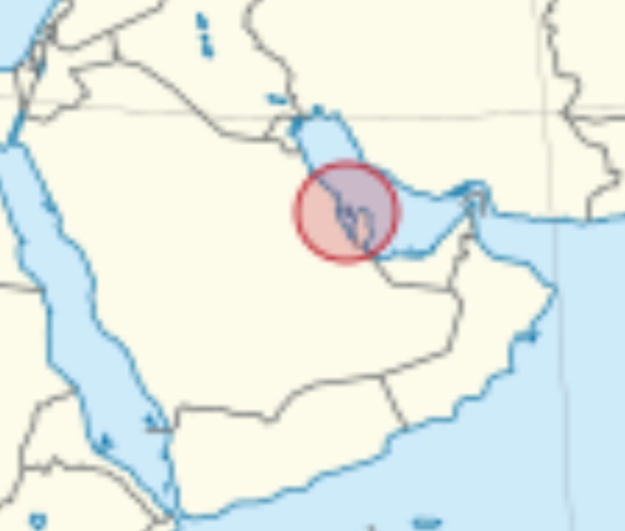
Bahrain — A Name as Deep as Its Seas
The name Bahrain is more than a geographic label — it’s a story woven through language, nature, and history. From the Quranic references to the freshwater springs that defy the salty Gulf, the “two seas” of Bahrain reflect a place where cultures meet, waters mingle, and history flows endlessly.
This small island’s name carries the depth of its past and the beauty of its natural wonder — truly living up to its title as the “Land of the Two Seas.”
